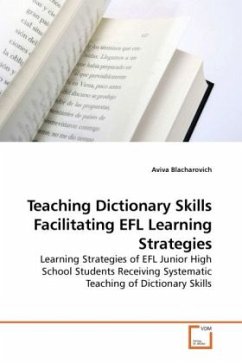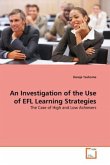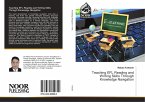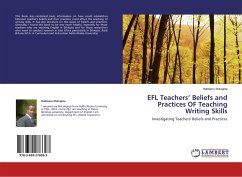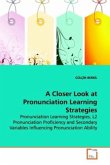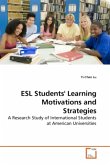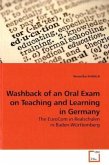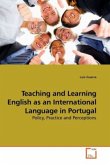This research investigated JH School students' learning strategies while systematically receiving dictionary skills. This research identified a gap in knowledge in this domain. The study explored the changes the students underwent after studying dictionary skills and their perceived attitudes toward English as a foreign language. It adopted an inductive-naturalistic approach, and ethnographic research framework. The research was conducted in four stages and included observation and semi-structured interviews with JHS and HS English teachers, as well as JH students. The research created a new understanding of the importance of teaching dictionary skills systematically in JH Schools. It shows that dictionary knowledge leads to stronger motivation to use the language, increases self-confidence in the students' perceptions as competent learners and improves their perceived coping abilities with the challenges associated with future learning of a foreign language. Additionally, using the dictionary as a learning strategy enables self-directed learning, that is perceived later as fostering lifelong learning.
Bitte wählen Sie Ihr Anliegen aus.
Rechnungen
Retourenschein anfordern
Bestellstatus
Storno

